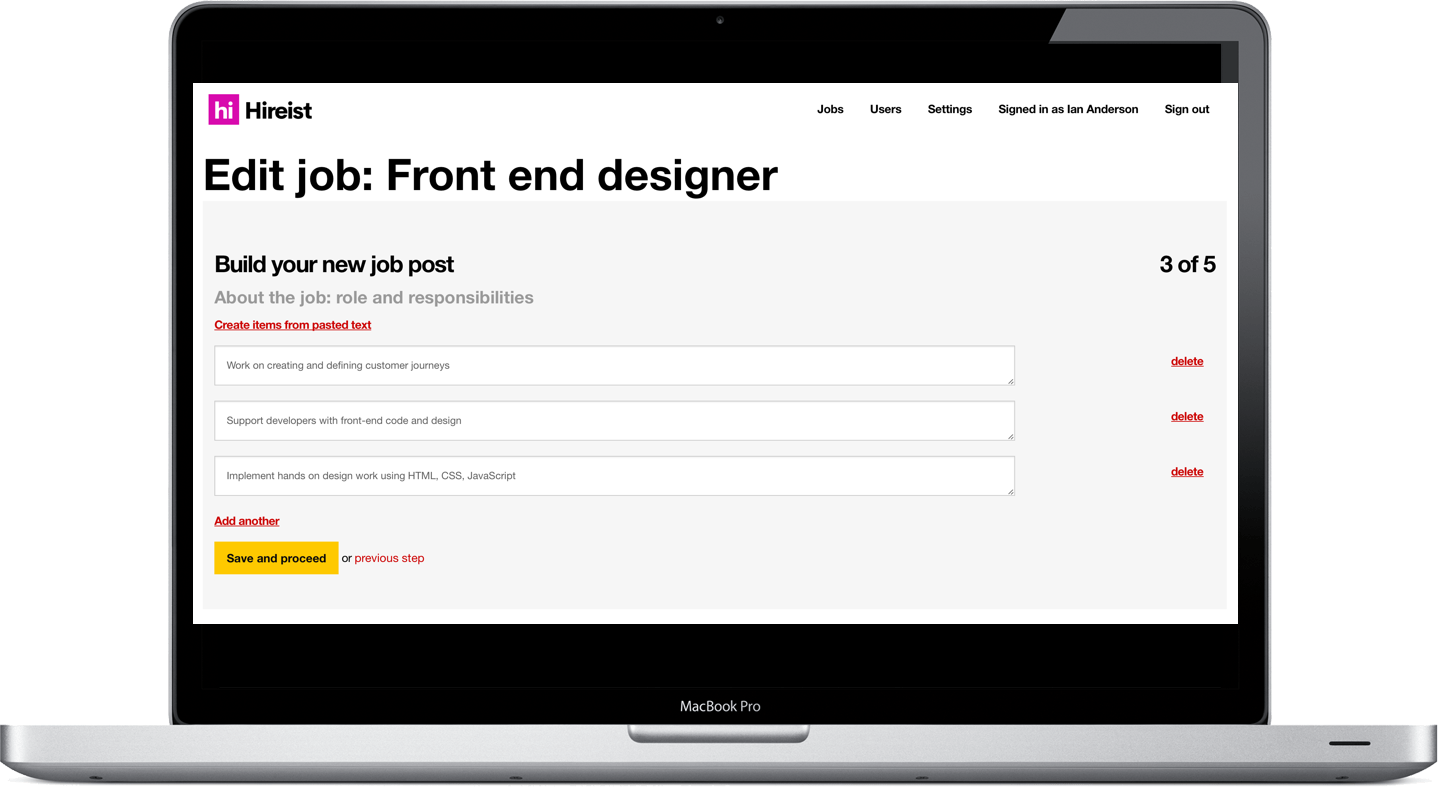Name-blind hiring - why bother?

Today's Britain benefits hugely from aspiring towards a diverse, fair, multi-cultural society, but in the world of work things are far from rosy.
Women earn 40% less than men for doing the same jobs; people from ethnic minorities have to apply for many more jobs than white people in order to get the same number of interviews; one in five women of BAME heritage have anglicised their names on application forms in order to mitigate bias in candidate screening; people with disabilities make up a significant percentage of our population but are startlingly under-represented in workplaces and those who are in work earn £2,700 less a year on average.
Minority ethnic applicants, including white minorities, had to send 60% more applications to get a positive response from an employer than a white person of British origin.
Despite half a century of progress since Alf Garnet left our airwaves, and the immense progress we've made as a nation to create a fair and level playing field, the UK working landscape still suffers from endemic racism, sexism, and bias.
In 2015 there were more CEOs of companies in the FTSE 100 named "John" than there were women amongst their number, and not by a small margin - 17 John's compared to just 7 women CEOs. Men named "Dave" or "David" also outnumbered the women by 2:1. By 2018, things hadn't improved either: barely 1 in 20 bosses of UK companies was a woman according to a Daily Telegraph analysis.
For all that most of us wish it was different, we suffer from huge structural inequalities in employment, health and opportunity on pretty much every front, plus there are huge problems with social mobility. Bluntly, if you're born poor in this country, you're statistically almost certain to remain poor, to live a shorter life, and to pass on both of those unenviable fates to your children.
Why is this? Overt discrimination like that caricatured by the Alf Garnet character from 50 years ago does happen, but is not a sufficient explanation for what we see. There's no point in blaming other people for the way things are; we have to look at ourselves, to look within.
It turns out that our brains have a huge part to play in reinforcing and perpetuating these structural inequalities in work and society. Over recent years we've come to understand far better the powerful forces at play in our unconscious biases and assumptions. The brain is a far less deterministic machine than we fondly imagine, and it's actively trying to subvert our decision making regardless of whether we have better intentions; our unconscious biases directly affect who gets shortlisted for interview and therefore who has a chance of succeeding at securing a position.
That's the bad news.
The good news is, we can do something about it. Name-blind recruitment is increasingly recognised as a vital tool in starting to level the playing field, and a growing number of organisations both large and small are adopting it, including the NHS and the Civil Service as well as large corporations like HSBC and small/medium businesses. It's beginning to be understood by purveyors of hiring software too, though it's a hard problem to solve.
When you remove candidate names and other personally identifying information from job applications, and focus on capability rather than experience in making hiring decisions, it transforms the playing field.
With Hireist, we've gone a long way in making it straightforward and easy to gather applications and review them name-blind. To find out more about Hireist and how it can help you build a stronger, more diverse digital team, check out our other posts below, or sign up for a free trial and give it a go yourself.
Photo by Christina @ wocintechchat.com on Unsplash





